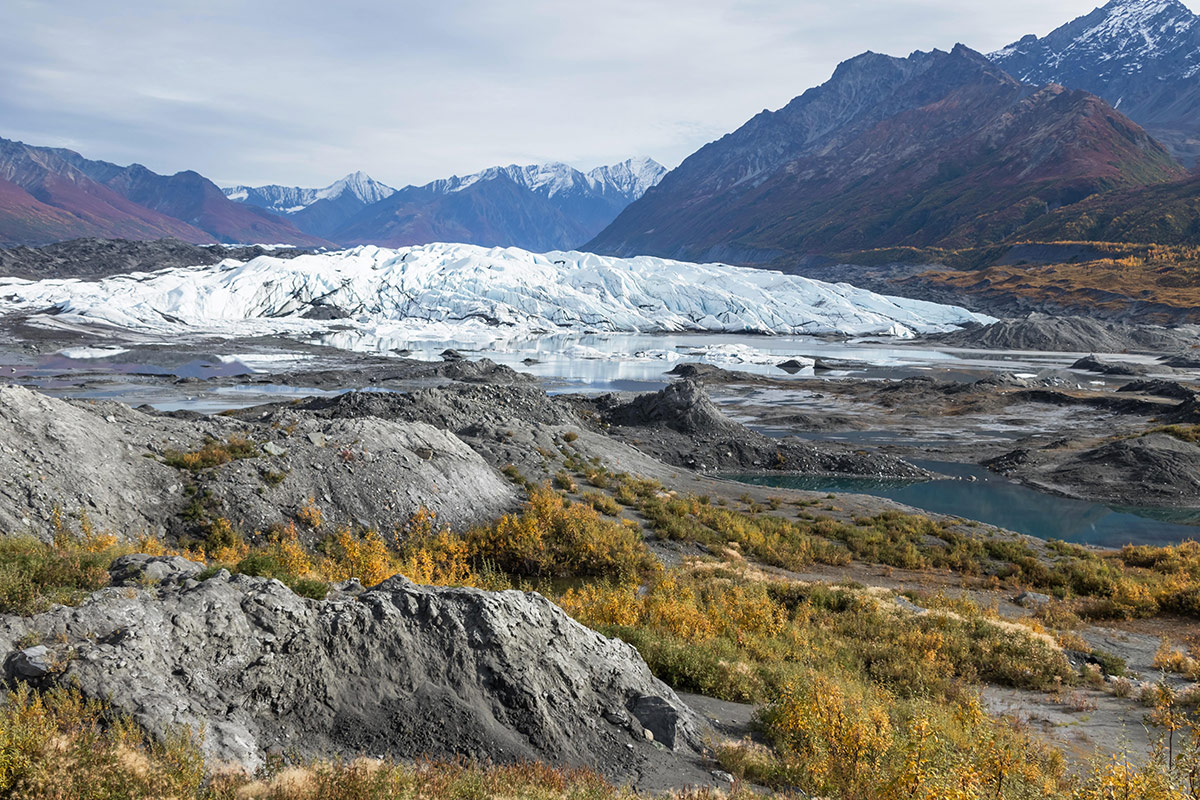University of South Florida Professor of Atmospheric Chemistry and Climate, Dr. Yasin Elshorbany, is a co-author on a recent Nature Communications paper entitled “Potential Impacts of Mercury Released from Thawing Permafrost”. The paper is a scientific breakthrough since it shows that the thaw of permafrost due to climate change is releasing not only greenhouse gasses, GHGs (e.g., methane, CO2) but also mercury. Although most of the released mercury maybe be recycled back to the soil, a significant portion under a high emission scenario, will evade to rivers affecting the fish population and the food cycle.
Abstract Mercury (Hg) is a naturally occurring element that bonds with organic matter and, when converted to methylmercury (MeHg), is a potent neurotoxicant. Dr. Elshorbany and a team of researchers estimate potential future releases of Hg from thawing permafrost for low and high GHGs emissions scenarios using a terrestrial biogeochemistry model. By the year 2200 the high emissions scenario shows annual permafrost Hg emissions to the atmosphere comparable to current global pollution emissions tied to human activity.
Total Hg concentration in fish in the Yukon River was also estimated for the low and high emissions scenarios, and while the mercury concentration in fish did not exceed United States Environmental Protection Agency (EPA) guidelines for the low emissions scenario by 2300, the high emissions scenario showed a different result - exceeding EPA guidelines by the year 2050 – a mere 30 years from now.
The results of this research study present a warning sign, that the impacts of the Arctic climate warming are beyond the colossal socioeconomic cost of the permafrost thaw to endangering the marine life and the food cycle.
